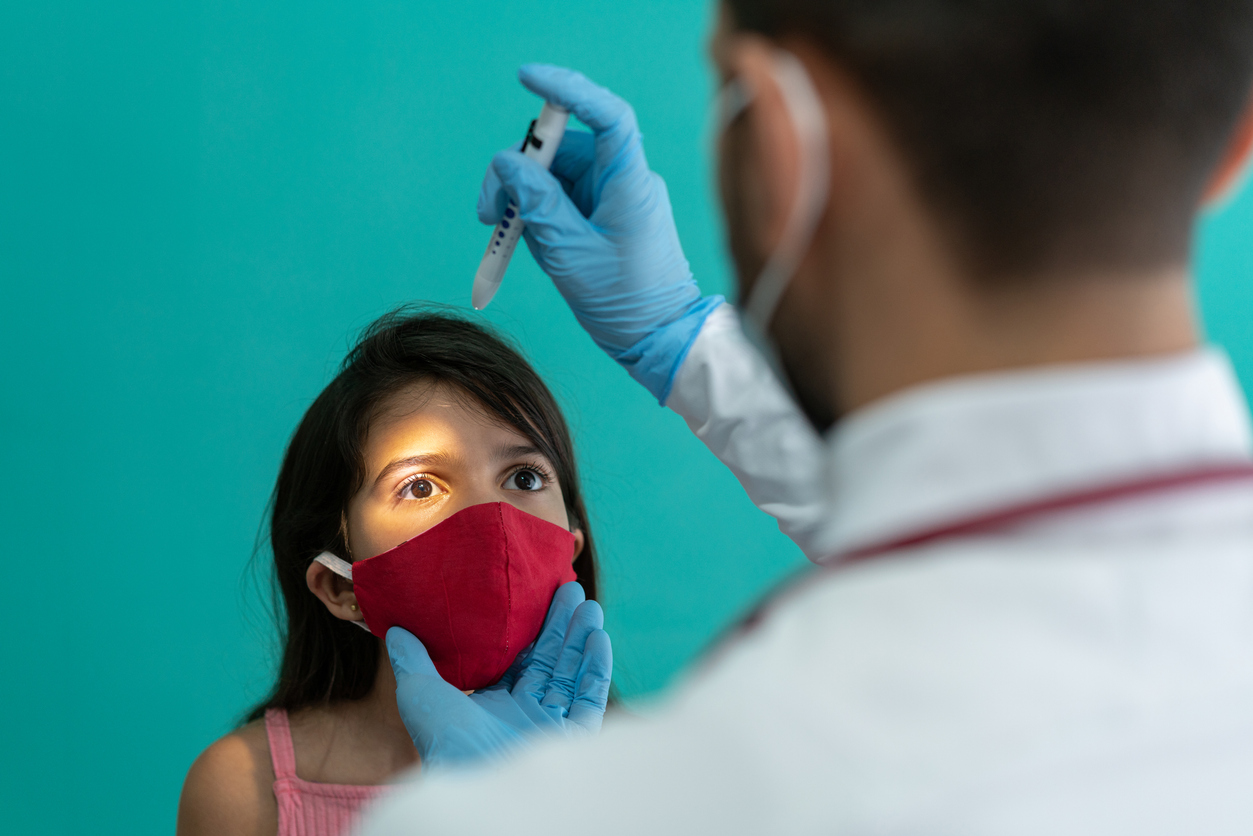
Measures put in place to slow the spread of Covid-19 have heightened the risk for child abuse, exposed serious gaps in child protection systems, and underscored the critical need for systematized prevention practices, according to an article by MS student Dr. Nina Agrawal, MD.
Studies across many sectors suggest a relationship between large scale crises and increased risk for child abuse, but prevention has not been prioritized in disaster preparedness protocols. To fill that gap, Agrawal, a pediatrician, and Fulbright alum Mackenzie Kelley explored the scientific literature, stakeholder organization reports, and lay press to understand the impact of large-scale U.S. crises on child abuse risk and made recommendations for emergency medicine providers, using a disaster preparedness framework.
While the full impact of the COVID-19 crisis on children is unknown, the researchers found the existing literature to support health providers’ concerns of heightened risk for child abuse, primarily physical abuse in young children, and unreported sexual abuse.
As key players in times of crisis, the authors say, pediatric emergency medicine providers must be equipped with the tools to recognize, respond to, and mitigate risk of child abuse. Providers should screen for stressors and connect children and families to support, but they should also partner with stakeholders to ensure support services are trauma-informed and accessible and advocate for policies that promote child and family well-being.
“Front line providers have the opportunity to nurture the environment in which children grow, so that when the inevitable storm comes to pass, the child will not only survive, but thrive within a stronger family, community, and society,” Dr. Agrawal says.
Agrawal is a Board-Certified Child Abuse Pediatrician currently doing foster health evaluations for children in Queens, NY, in addition to pursuing her MS degree in Health Communication for Social Change.




